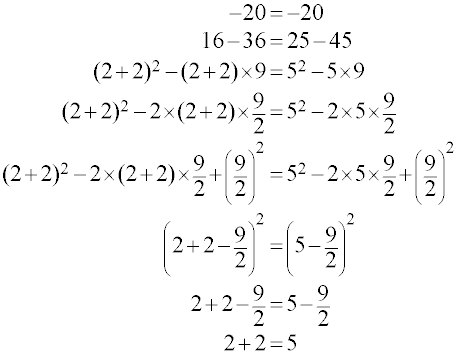My knives need sharpening. This is a recurring thing with knives. We put it off, because we have to drive them across town, drop them off and hopefully get them back relatively soon. It also costs around $4/knife.
This is not efficient. I can improve this.
A while ago, we ended up with a Japanese Water Stone to sharpen the knives. We have not used it, though. Using it requires setup, training, practice and all those sorts of things that block one from being more economical in life.
It seems only fair that I advance my knowledge, and save some money while doing it. After watching a few videos on sharpening I felt prepared to get started.
First, I would need a brace. I don’t want it slipping, I don’t trust towels over cutting-boards. My fingers are very critical to my well-being. They need to be attached to me at all times.
Second, I needed to practice. We have a couple knives we don’t use very often. If I don’t do a good job sharpening, those are the ones to suffer. Also, if I really do botch it, they can be fixed.
Third, I simply need to do it. Most things in life are trivial, but we hype them up and fear them. That creates invisible roadblocks to us that seem very real. They are entirely imagined. I believe I will do a bad job, but each bad job brings me one step closer to a good job.
The only mistake in life that is permanent is not starting.
I ran to the hardware store, bought a $6 48” long pine board. I have a mitre box, which made the cutting a bit easier. Measurement, cutting and gluing took about 20 minutes. There was a hiatus in between cutting and gluing, as I lost my clamps years ago and just now realized it.
Next up is adding some food grade “Butcher Block” oil, to make the brace water-resistant. After some Linseed and waxes, several times over, it worked. My daughter even helped. Slathering on the oil was a quick job, but took quite a while to fully dry.
Now I have a brace and can sharpen. All told, including the new clamps and oil, I’ve spent $30 and about 45 minutes of time. This is the break event point in time and money, as well as now being able to reuse my work.
The time spent from this point forward is subtracted from any future sharpening. Take the hit the first time, benefit after that. This is the essence of constructive laziness.
Now I have 4 sharper knives, 2 with burrs removed and the confidence that each time the knives need to be sharpened I can do better. I’m improving myself, economically and without sacrifice.

 We think of ourselves now. How we are, with the knowledge, relationships and possessions now. This is not us, any more than a river is defined by the rocks in the bed, or the trees along the bank. More accurately, the river is not defined by the water it contains at any given moment.
We think of ourselves now. How we are, with the knowledge, relationships and possessions now. This is not us, any more than a river is defined by the rocks in the bed, or the trees along the bank. More accurately, the river is not defined by the water it contains at any given moment.